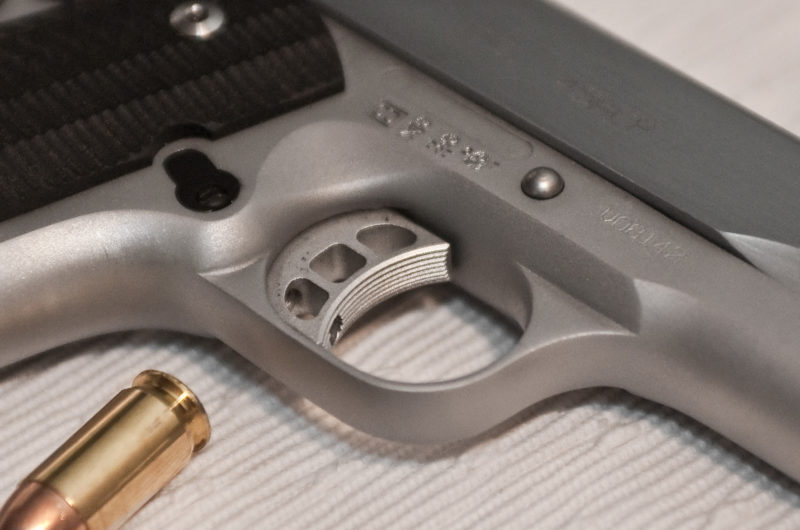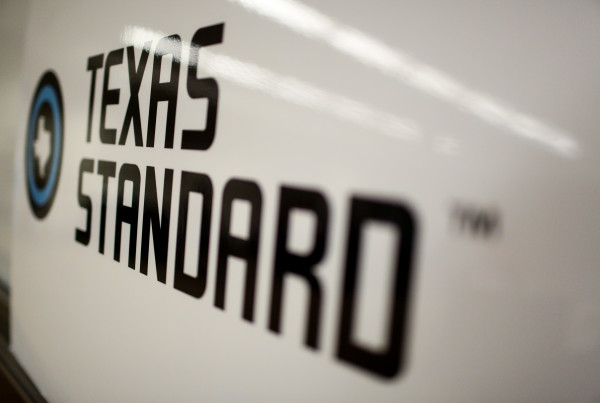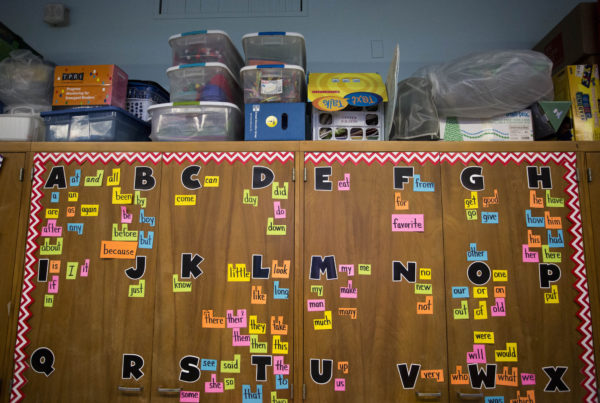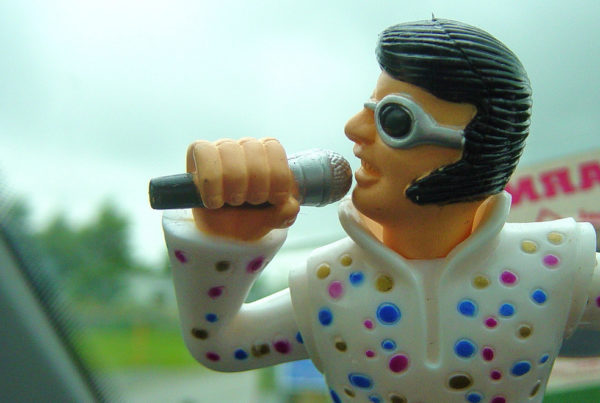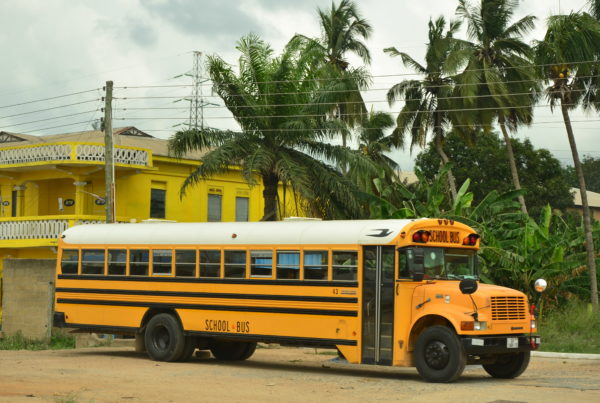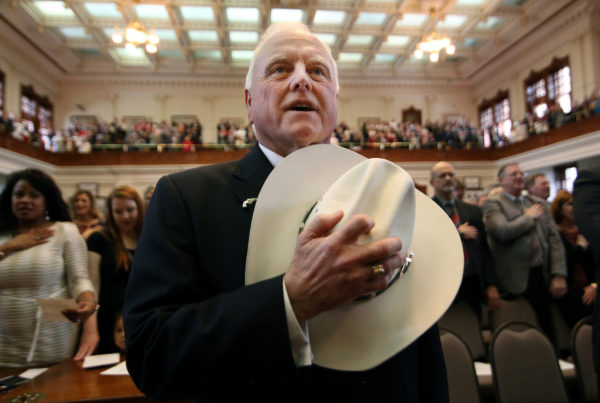Lawmakers at all levels have taken steps to get guns out of the hands of known abusers. State and federal law prohibits someone with a domestic violence conviction or someone under a domestic violence-based protective order from owning a gun.
Yet the law doesn’t stipulate what these people should do with their guns.
That’s why a 2015 Dallas County program was hailed as a possible breakthrough because it required abusers to turn over their guns to the Sheriff’s Department.
A recent study by SMU’s Dedman School of Law, however, found that the program has mostly been a bust.
“When the program first came online, they estimated given the number of these types of cases that go through the courts, they would collect somewhere between 7,000 to 8,000 guns,” says Natalie Nanasi, the director of the Judge Elmo B. Hunter Legal Clinic for Victims of Crimes Against Women. “In reality what happened was that in the last two years, there have only been 60 surrendered.”
Nanasi says the program is not meeting expectations due to a lack of coordination and consistency. The study found that only two judges in the county have referred guns to the program.
“What we’re seeing is that the police aren’t necessarily communicating information about the fact that somebody has a weapon to the prosecutors,” Nanasi says. “Then the prosecutors aren’t necessarily bringing that information up in court so that the judges are aware,”
If a judge issues an order to surrender a weapon, she says, the Sheriff’s Department doesn’t have the capacity to ensure the weapons are actually turned in.
“My sense is that really this is a resource issue,” she says.
The researchers spoke with Second Amendment and gun rights advocates as part of the study. Nanasi says they were in favor of the program and the laws restricting abusers from owning weapons.
“They encourage responsible gun ownership, which is something that we all want to see happen,” Nanasi says.
Written by Molly Smith.


